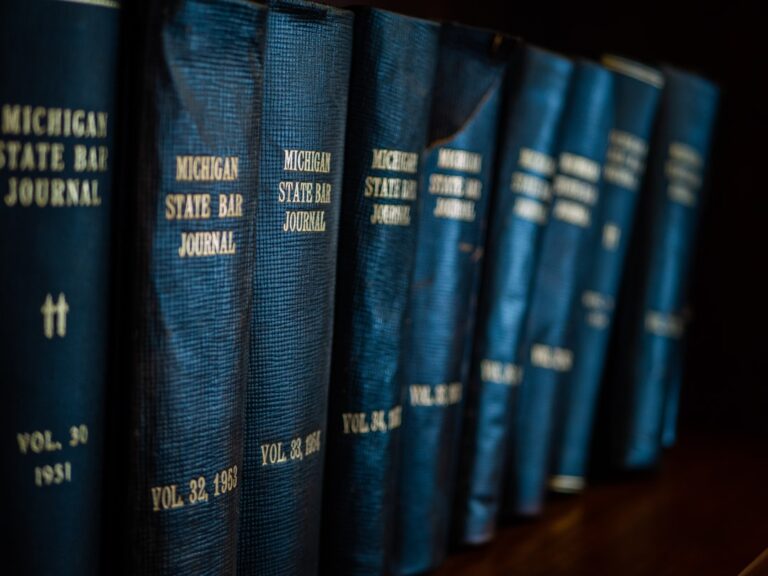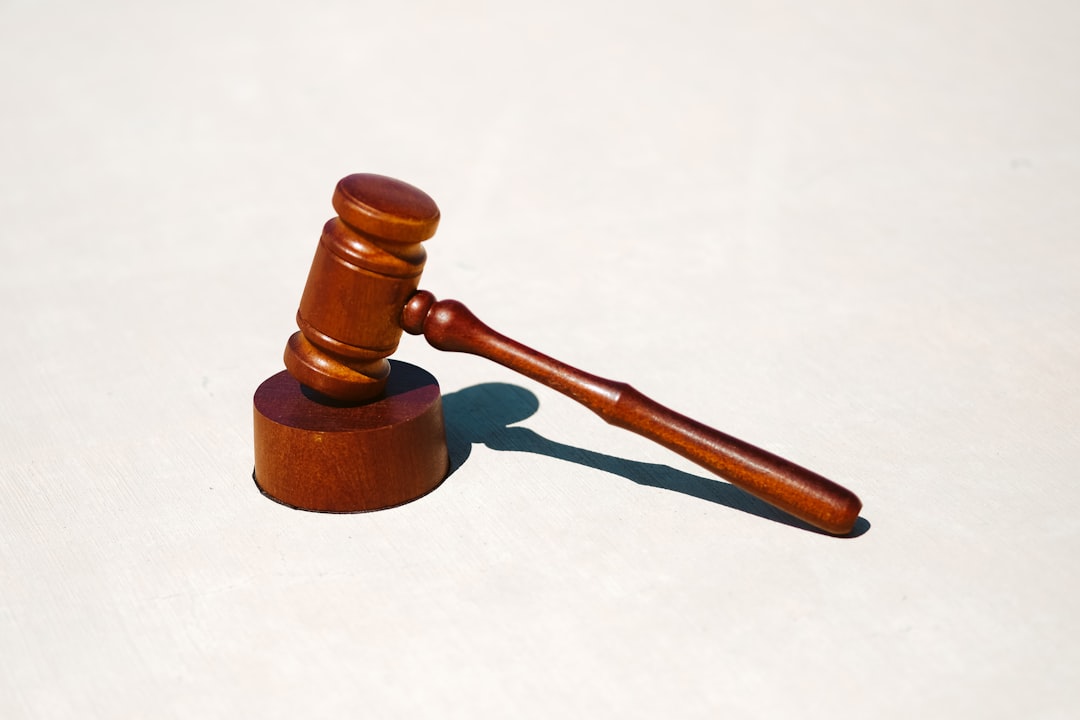Restorative Justice is revolutionizing juvenile delinquency cases in Mississippi, particularly in Tupelo, by prioritizing healing and reconciliation over punishment. This approach, advocated by specialized school abuse law firms, addresses root causes of crime through empathy, open dialogue, and community involvement. By facilitating safe environments for victims, offenders, and communities to connect, Restorative Justice promotes non-violent conflict resolution and reduces recidivism rates, ultimately fostering safer learning environments and healthier mental health outcomes.
In Tupelo, Mississippi, restorative justice approaches are transforming juvenile offender cases by focusing on healing and reintegration. This holistic model moves beyond punishment, addressing the root causes of youth crime, including school-related abuse. This article explores the impact of such abuse within the legal framework of Mississippi, delving into effective restorative justice models tailored for Tupelo’s youth. We also examine the pivotal role that law firms play in advancing restorative practices, fostering a more compassionate and effective criminal justice system.
Understanding Restorative Justice: A Holistic Approach to Juvenile Offender Cases

Restorative Justice is a revolutionary approach in the criminal justice system, particularly focusing on juvenile offender cases. Unlike traditional punitive measures, it emphasizes healing and reconciliation for all parties involved – offenders, victims, and communities. This holistic method aims to address the root causes of criminal behavior by fostering empathy, accountability, and personal growth.
In Mississippi, especially within school abuse law firms, Restorative Justice practices are gaining traction as a more effective way to handle juvenile delinquency. By bringing together the offender, victim, and community representatives in a safe, structured environment, this approach facilitates open dialogue, encourages understanding, and promotes non-violent conflict resolution. This not only helps rehabilitate young offenders but also restores trust within communities affected by school abuse and other juvenile crimes.
The Impact of School-Related Abuse and Its Legal Implications in Mississippi

In Tupelo, Mississippi, as across the state, the impact of school-related abuse is a significant concern with profound legal implications. Many cases involve juveniles who have experienced physical, emotional, or psychological harm at the hands of peers or authority figures within educational institutions. These instances can range from bullying and harassment to more severe forms of assault. Such incidents not only disrupt the learning environment but also have long-lasting effects on victims’ mental health and overall well-being.
Mississippi’s legal framework recognizes the severity of school abuse, with various laws and regulations in place to protect students and hold perpetrators accountable. School abuse law firms in Mississippi play a crucial role in advocating for victims’ rights, ensuring that justice is served, and holding educational institutions responsible for maintaining safe environments. These legal professionals help navigate complex legal systems, offering guidance on potential charges, civil lawsuits, and restorative justice approaches tailored to each unique case.
Restorative Justice Models: Strategies for Healing and Reintegration in Tupelo

In Tupelo, restorative justice approaches offer a promising path for juvenile offender cases, focusing on healing and reintegration rather than solely on punishment. These models shift the narrative from traditional criminal justice to one that emphasizes accountability, forgiveness, and repair. Restorative practices involve bringing together victims, offenders, and community members to facilitate open dialogue, foster understanding, and promote reconciliation. This process not only addresses the harm caused by the offense but also aims to rebuild relationships and restore a sense of safety within the community.
The implementation of restorative justice in Tupelo juvenile cases can significantly benefit both the young offenders and their victims, especially those who have experienced school abuse or trauma. Mississippi law firms specializing in this area play a crucial role in advocating for restorative solutions, ensuring that all parties involved are supported through the process. By implementing these strategies, Tupelo can move towards a more holistic approach to justice, where healing and community well-being are at the forefront, ultimately reducing recidivism rates and fostering a safer environment for all residents.
The Role of Law Firms in Advancing Restorative Practices for Youth Offenders

In the pursuit of restorative justice for juvenile offenders in Tupelo, Mississippi, law firms play a pivotal role in advancing practices that prioritize healing and reconciliation. These legal professionals are instrumental in navigating complex systems, ensuring that young people who have been involved in school abuse or other misconduct receive fair treatment. By employing restorative approaches, law firms foster dialogue between victims, offenders, and community members, promoting understanding and accountability. This process goes beyond traditional punishment, aiming to address the underlying causes of criminal behavior and restore harmony within affected communities.
Restorative justice practices empower law firms to offer alternative solutions that focus on rehabilitation and reintegration. They collaborate with schools, community organizations, and government agencies to create safe spaces where youth offenders can take responsibility for their actions while receiving support and guidance. Such collaborative efforts have been shown to reduce recidivism rates, foster positive social change, and build resilient communities in Tupelo, Mississippi, addressing school abuse issues head-on.





